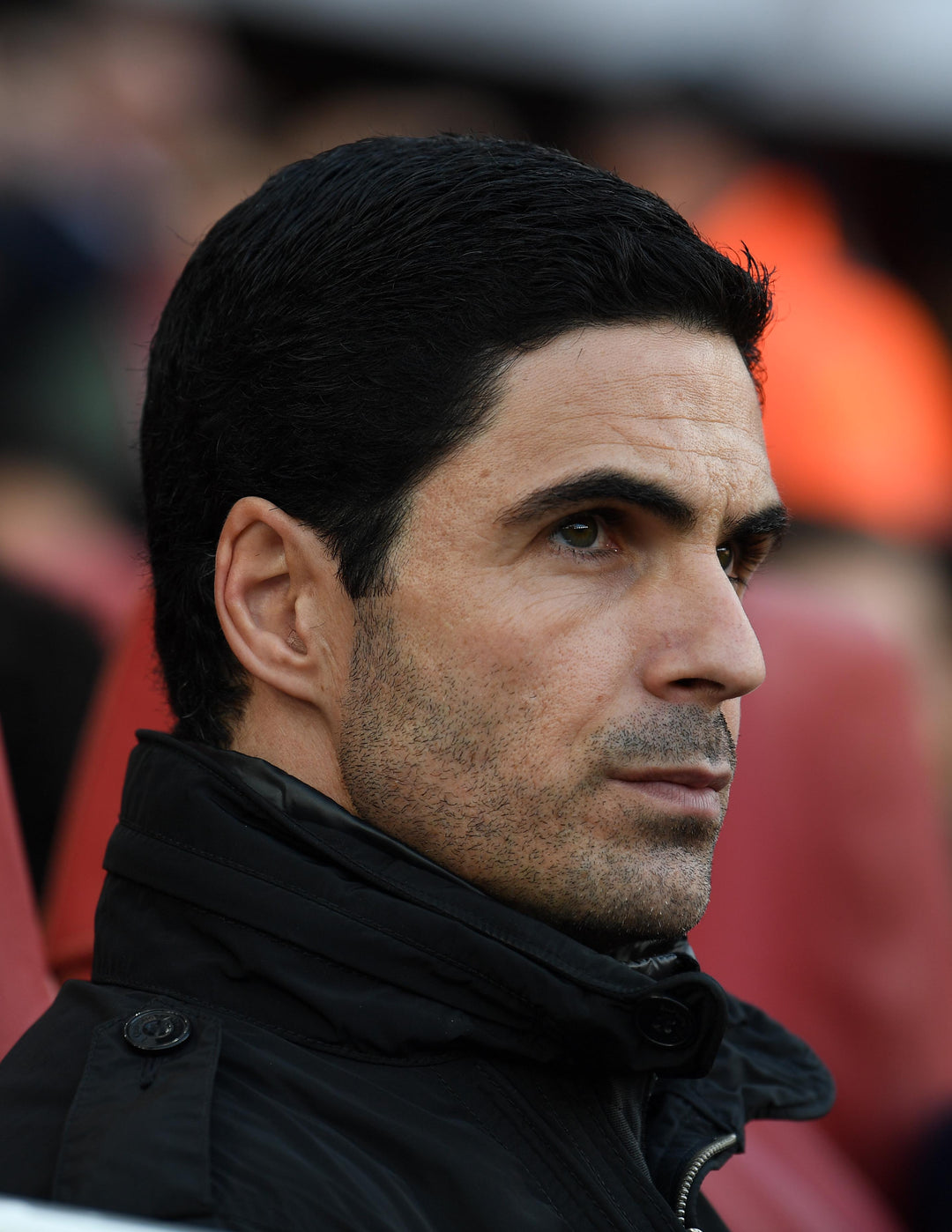Approaching the first of December, Arsenal Football Club was suffering their longest winless run since 1992. The big money summer signing of Pepe wasn’t producing and the formation/starting 11 was being tinkered with nearly every game. It was clear that a change was needed after common motifs of deflation, a plethora of empty seats and a wriggling feeling of déjà vu surrounded Emirates Stadium throughout Unai Emery’s tenure.
Enter Mikel Arteta, an ex-Arsenal captain who understands the demands of the club and the understudy to one of the most successful managers in the history of the sport in Pep Guardiola at Manchester City. After initially passing him up for the job that was given to Emery, the Spainard landed himself his first managerial position at Arsenal Football Club.
Arsenal had one of the leakiest defenses in the Premier League under Unai Emery. His tactics led to an enormous amount of shots conceded each game, poor xg stats and had conceded 70 Premier League goals, more than any other 'big six' club since the start of last season. Arteta inherited a depleted squad with a full slate of defensive injuries including Kieran Tierney, Rob Holding, Hector Bellerin, Konstatinos Mavropanos, and Callum Chambers. While Arteta wanted to bring exciting, dynamic attacking football back to the Emirates, he recognized defensive solidarity as his first priority upon taking charge of the dressing room and managed to see opponents only bag 11 goals in his first 15 matches.
While it was a risk to hire an inexperienced manager for a big club sliding in the wrong direction, Mikel Arteta has proven he is a man capable of both turning around the atmosphere within the club and improving performances on the pitch. It wasn’t the fairy tale beginning many would have hoped for, however. Despite a record of just two wins from his first five outings in all competitions, there were plenty of signs that Arteta was just beginning his north London revolution, sharing both tactical and psychological wisdoms that will be seen come the start of the 2020-21 season.
Tactically, we are now beginning to witness Arteta’s ideas come to life on the field, and the results in the league have followed. The players are all buying into his high-press, full-metal football approach that is taking the modern game by storm. Generally speaking, his vision for Arsenal is high-pressing, quick-tempoed possession football that wants to control the game and pin the opposition back while dominating the ball.
To be successful with this tactical approach, it is crucial to have the correct shape for defensive pressing and to maintain the right amount of space between lines. This is a risky tactic that takes time to learn and implement, which was shown with Pep’s first season at Manchester City. A high defensive line and high-tempo press requires a compactness in shape, or an opponent will have loads of open space and a stretched pitch to counter attack. Compression, equally important in a high block and a low block, has been a main focus of Arteta’s Arsenal. Moreover, his man-management of youth and out-of-form players such as Saka, Martinelli, Guendouzi and Lacazette have all shown to make positive impacts to morale and form.
The young guns have produced some dazzling FA cup performances, and Arteta seems to be relishing the opportunity to mould young players to fit his tactical game plan. Breakout stars such as Bakayo Saka at left-back, Gabriel Martinelli on the flank and Eddie Nketiah at striker have been the biggest beneficiaries to an expanded role in the squad, which could prove dividends in the next few seasons. The devastating European hiccup against Olympiacos that ushered Arsenal out of European competition was a big blow to Arteta's positive results, however fans will understand the need for patience as the Arteta era unfolds.



Leave a comment: